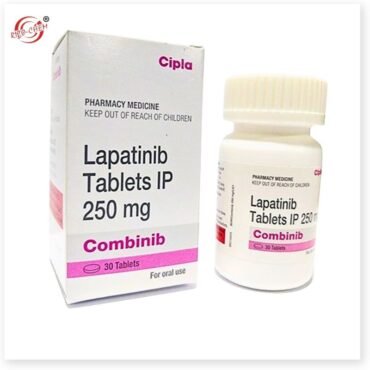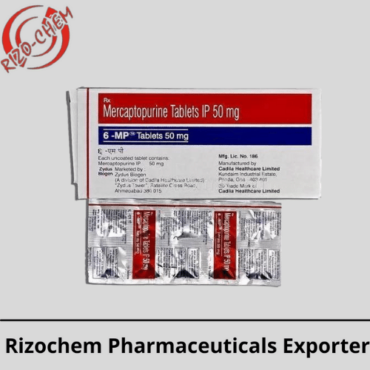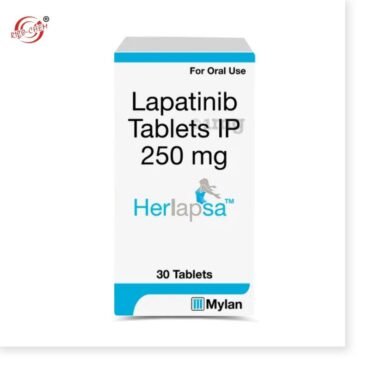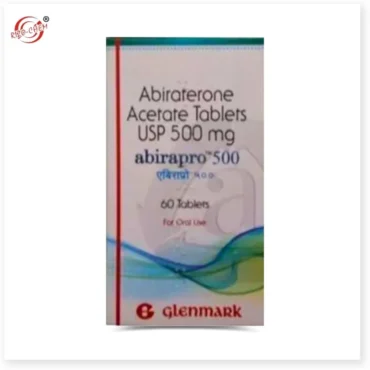cytarabine 100 mg injection Cytosar 100
Trade Name:– Cytosar
Manufacturer: Pfizer Ltd
Presentation: Injection
Strength: 100mg
What is the purpose of cytarabine 100 mg injection?
cytarabine 100 mg is used to treat some kinds of leukaemia (cancer of the white blood cells), such as acute myeloid leukaemia (AML), acute lymphocytic leukaemia (ALL), and chronic myelogenous leukaemia (CML), either alone or in combination with other chemotherapy medications (CML).
How long does cytosar take to work?
Cytarabine is an intravenous injectable solution administered by your veterinary expert in the hospital. It is occasionally injected beneath the skin. It may take a few days for the good effects to appear, and the complete effect may not appear for several weeks.
What is the origin of cytarabine 100 mg?
Four decades ago, the separation of C-nucleosides from the Caribbean sponge Cryptotheca crypto laid the groundwork for the development of cytarabine, the first marine-derived anticancer drug. Cytarabine is being utilized in the treatment of leukaemia and lymphoma patients.
what is the Common Side effects of Cytosar 100mg Injection?
Most incidental effects don’t need any clinical consideration and vanish as your body changes with the medication. Counsel your primary care physician in the event that they endure or on the other hand in case you’re stressed over them
Normal results of cytarabine 100 mg
Rash
Skin ulcer
Sickness
Heaving
Balding
Stomach torment
Butt-centric ulcers
Sickliness (low number of red platelets)
Diminished white platelet check
Fever
Contamination
Unusual liver capacity
Low blood platelets
Pneumonia
Sepsis
Mouth sore
Stomatitis (Inflammation of the mouth)
What is the best way to take cytarabine?
Cytarabine is given as a monotherapy or in conjunction with other cytostatics, at a dose of 2-3 g/m2, as an intravenous infusion for 1-3 hours every 12 hours for 2-6 days, under medical supervision. (Each cycle contains a total of 12 doses.) It is not recommended to exceed a total treatment dose of 36 g/m2.
What is the composition of vinblastine?
Vinblastine belongs to the alkaloids class of chemotherapeutic medicines. Alkaloids derived from plants are known as plant alkaloids. The periwinkle plant produces vinca alkaloids (catharanthus rosea). The alkaloids in plants have a cell-cycle specificity.
If you are looking for another product or brand click ok here.







